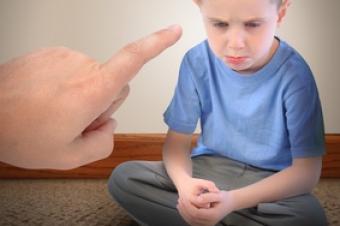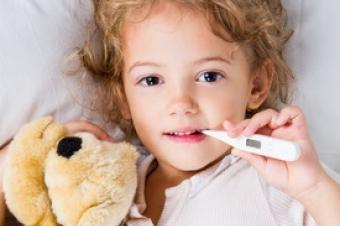- Domů
- Odborná knihovna
- What happens when we randomly assign children to families?
What happens when we randomly assign children to families?
- Autor/ka
- Rok vzniku:
-
2004
- Jazyk dokumentu
-
Angličtina
- Druh dokumentu:
-
Výzkumy
- Online dostupnost
-
Ano
- Podrobnosti o dokumentu
-
I use a new data set of Korean-American adoptees who, as infants, were randomly assigned to families in the U.S. I examine the treatment effects from being assigned to a high income family, a high education family or a family with four or more children. I calculate the transmission of income, education and health characteristics from adoptive parents to adoptees. I then compare these coefficients oftransmission to the analogous coefficientsfor biological children in the same families, and to children raised by their biological parentsin other data sets. Having a college educated mother increases an adoptee's probability of graduating from college by 7 percentage points, but raises a
biological child's probability of graduating from college by 26 percentage points. In contrast, transmission of drinking and smoking behavior from parents to children is as strong for adoptees as for non-adoptees. For height, obesity, and income, transmission coefficients are significantly higher for non-adoptees than for adoptees. In this sample, sibling gender composition does not appear to affect adoptee outcomes nor does the mix of adoptee siblings versus biological siblings. - Zdroj dat
-
https://www.nber.org/system/files/working_papers/w10894/w10894.pdf



![Maminka si hraje s dcerou [fotografka Andrea Piacquadio] Maminka si hraje s dcerou [fotografka Andrea Piacquadio]](/sites/default/files/styles/article/public/2021-01/xN548,P20-,P20Cas.png,qitok=M44ppIza.pagespeed.ic.PAJJpFC7aD.jpg)








